| Four colors of alstroemerias | Boy, more rain, and not just drizzles, either, but an inch or so here in my Pasadena Garden, totaling 32 inches so far! And do the plants love it, all green and perky and blooming their hearts out! Barely into the mid 50s at night, and not even into the 80s during the day – now that’s real Spring weather, and it’s been going on for months! But I know that Summer heat will settle in at some point, so I’m getting the garden prepared by making sure everything is deeply watered so the roots are well down into the soil by the time that the heat blasts the top several inches. Planting More Tomatoes I’d given up years ago, due to the ongoing drought, planting another batch of Celebrity tomatoes and another Sungold tomato toward the end of May, so I’d have tomatoes to harvest from August through November, following the demise of the main plantings. That had been my practice every year up until the drought was so severe that I couldn’t water the May-planted tomatoes enough to keep them barely alive, much less producing fruits. So I gave up. Why waste my water - which I had to pay for - instead of just purchasing my tomatoes at farmers markets? This year, however, with our tremendous winter rains and now this looooooooonnnnnnnngggggg Spring, and super-vibrant plants that I’d planted at the end of March and then more at the end of April, I’m going to plant 5 more plants in the spaces that have been finally vacated by the late-bearing peas. We’ll see what happens, whether the real Summer head returns with blast that overcomes these new plants, or the replanting results in Fall tomatoes! Sowing Beans and Squash The two other crops that I’d given up planting at the end of May, for the same reason as the tomatoes, are beans and squash. I’m going to do them again now, though, also for the same reason as the tomatoes. I think I’ll sow both bush and pole types this time, to see how each performs in the coming heat. When I first started growing beans years ago, I used only the bush type. But the last couple of years I’ve grown the pole type and got many more beans over the long season of harvesting since the pole type kept producing. We’ll see what the results will be this time around. Carrots I’m not keeping up with harvesting my carrots, however. I’d oversowed them because the first ones didn’t come up when I thought they should have, so as munching as much as my husband and I have been able to, there are still some carrots that are bolting (going to seed) despite our efforts. However, I’m keeping them well watered so their flavor remains pleasant instead of going “turpentiney”. Last of the Artichokes We’ve certainly had a bounteous year of artichokes! I’m always fascinated by the size differential from the very first huge ones and then successively smaller-sized harvests. I always save a couple of the huge first ones to let them go to blossom so I can discuss them – and show their seeds – at future workshops. After last year’s crop, I discarded the extra-spiny plants. One of them even had spines up and down each side of the leaves as well as all the pointy leaflet tips of the fruit. I was relieved to find that the spiny ones weren’t as delicious as the non-spiny ones – or at least that was my rational for allowing myself to rip out the spiny ones! No more danger of injury when harvesting! Nasturtium Mulch My nasturtium “ocean” is looking tattered, but I’m letting the vines stay in place to wilt down and provide mulch in place over the entire garden. This method doesn’t look very neat, but I consider that the greater value is in the mulch and shade it provides as the greenish-tan foliage color will become a darker brown as it dries and decays, providing much nutrition and protection from Summer’s beating sun. Besides, the dying-down vines also provide shade protection to newly-planted perennials so they can get well-established before the Summer sun becomes intense. For More Garden To-Dos See May tasks. |
|
2 Comments
|
Categories |
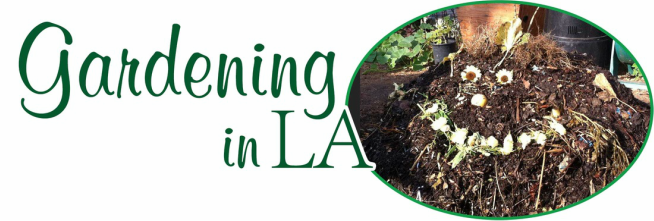
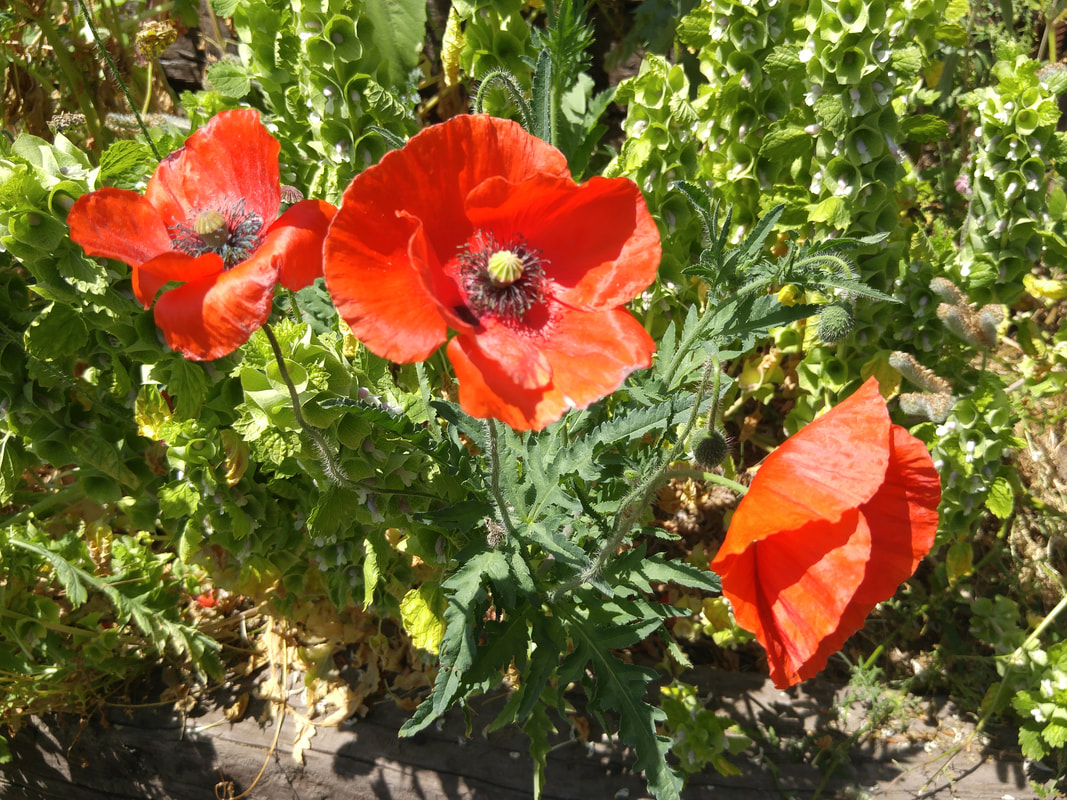
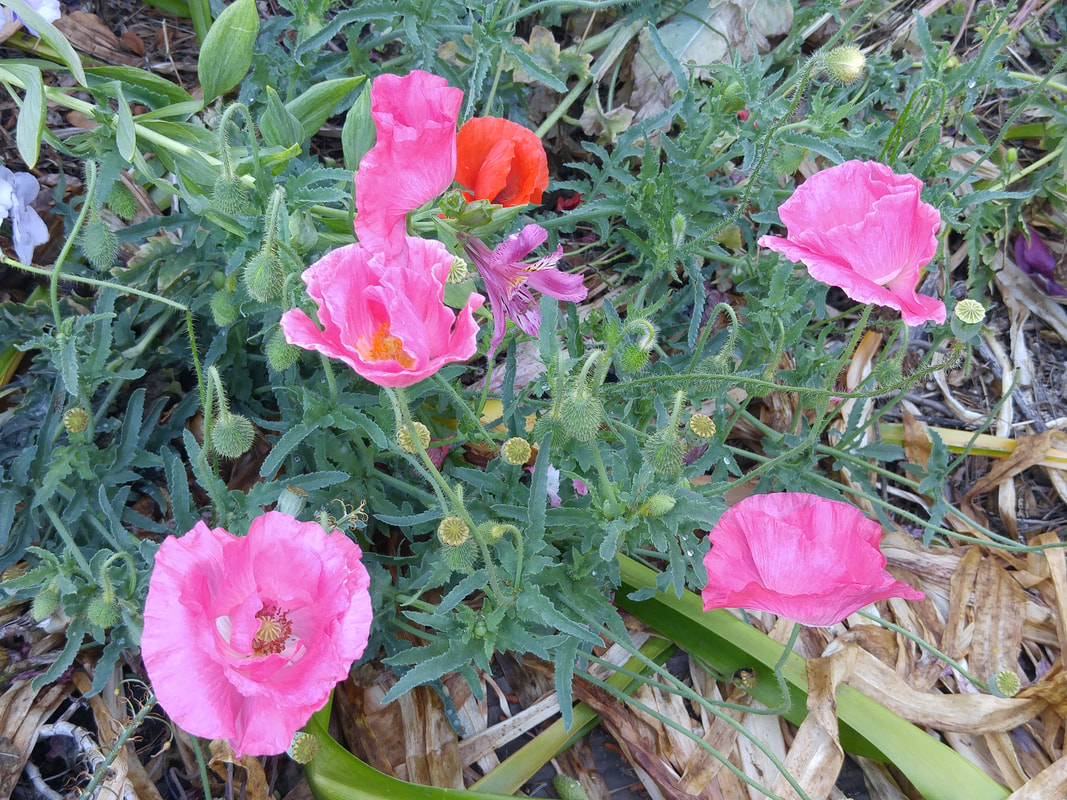
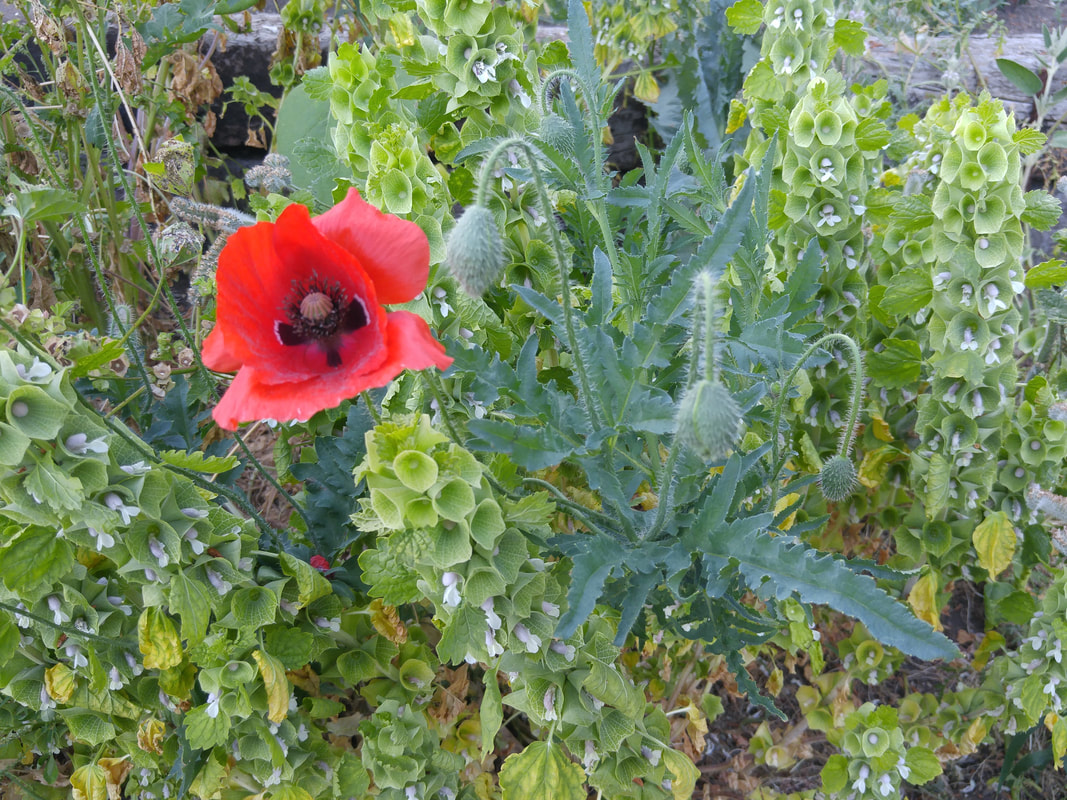
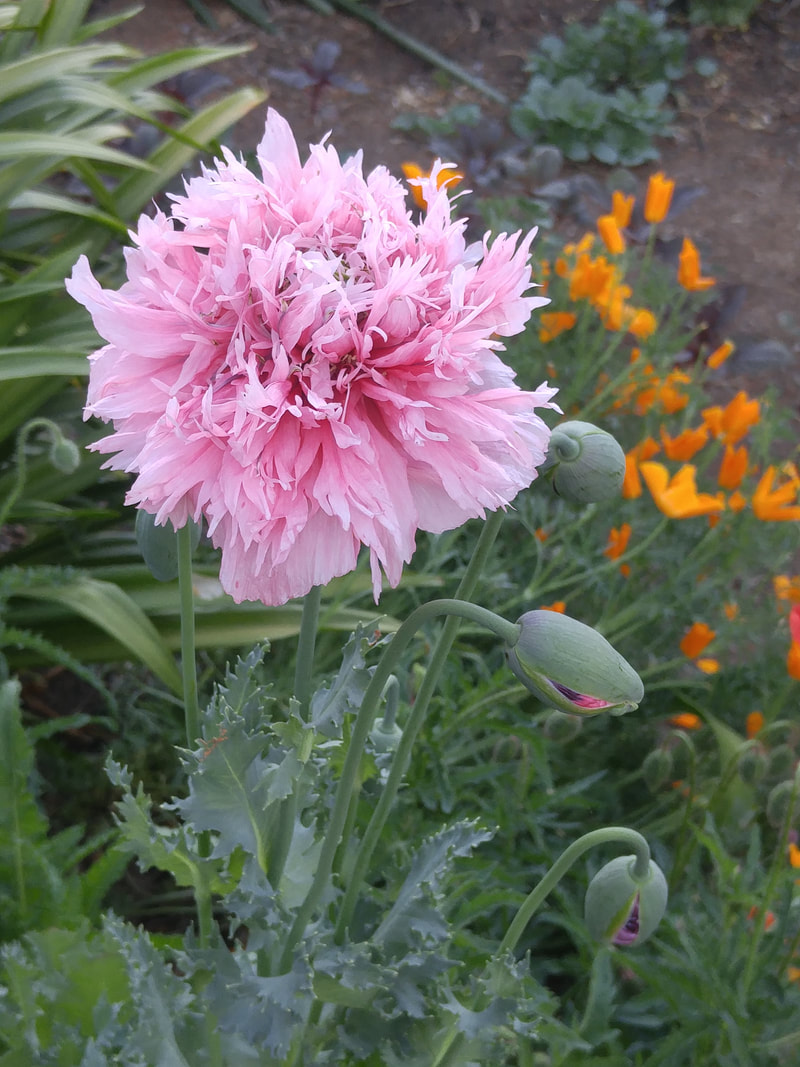
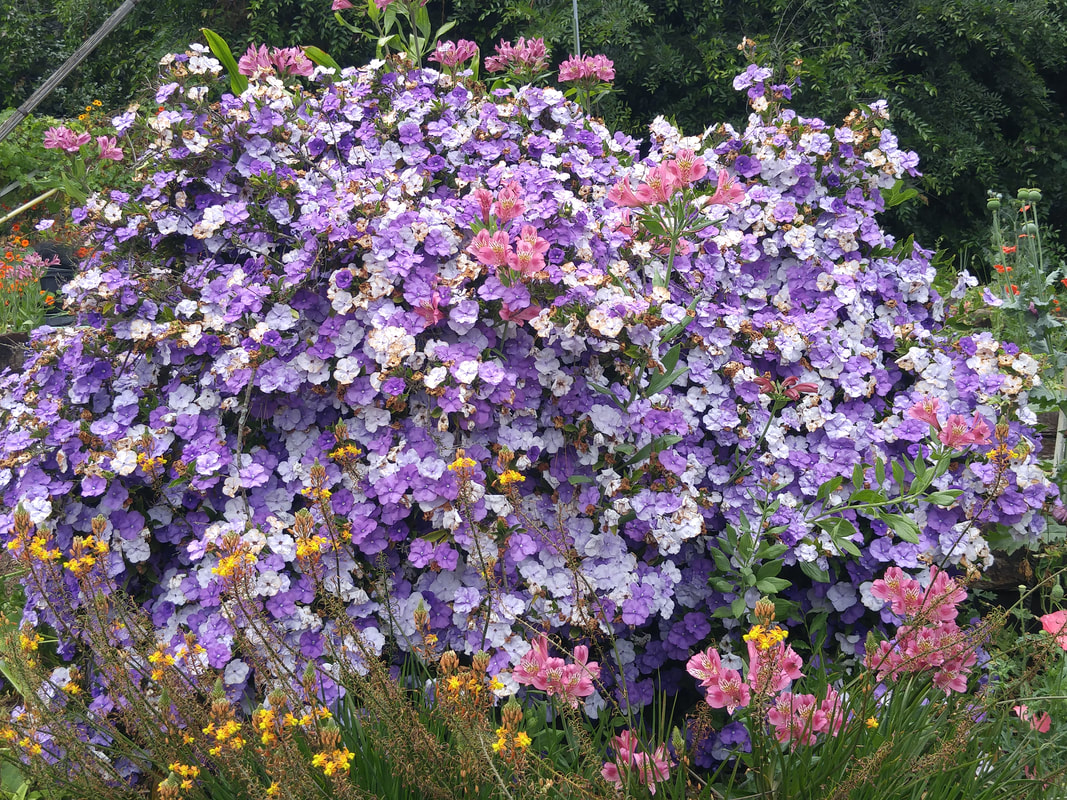
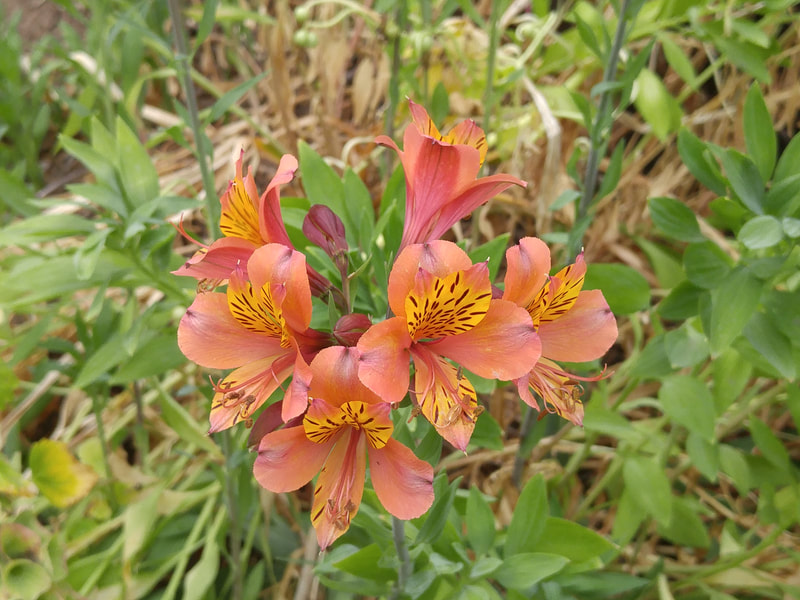
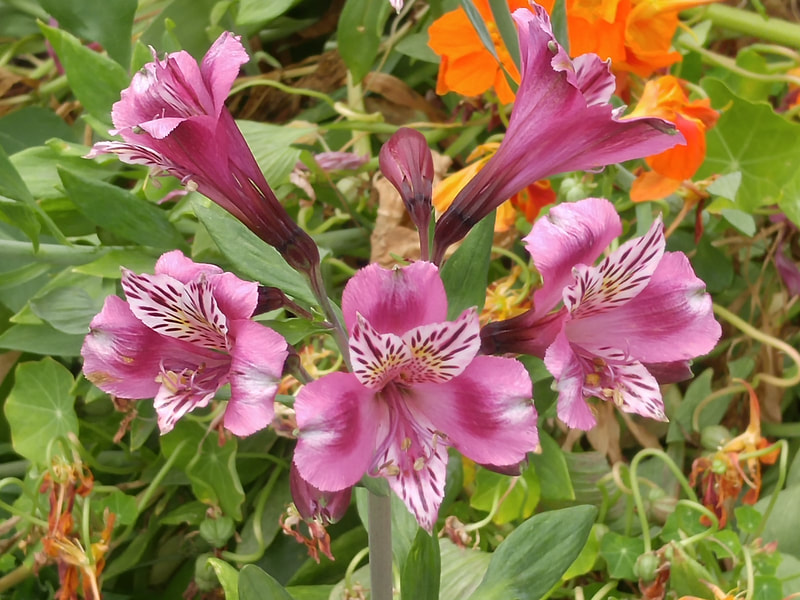
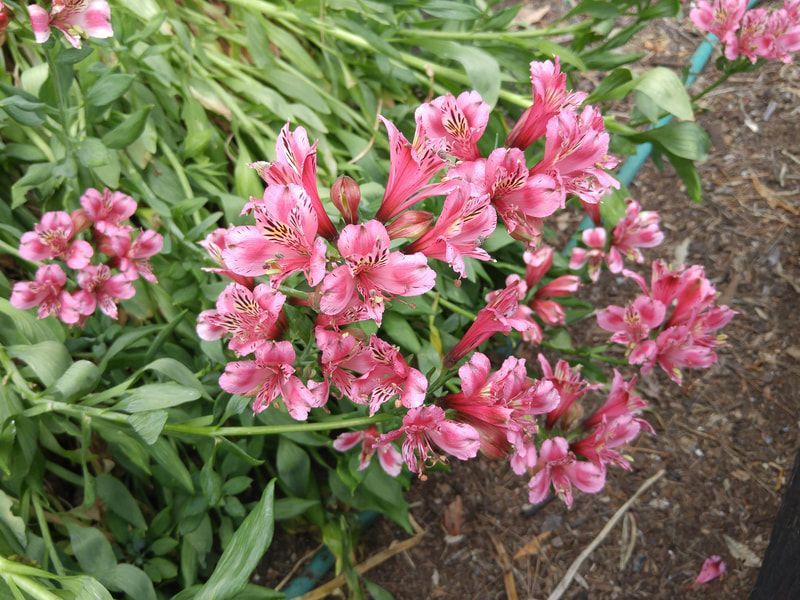
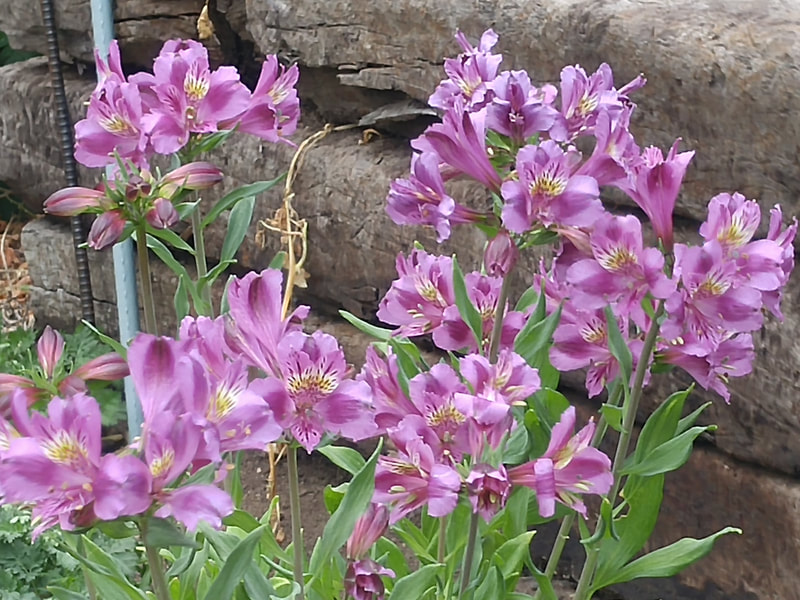
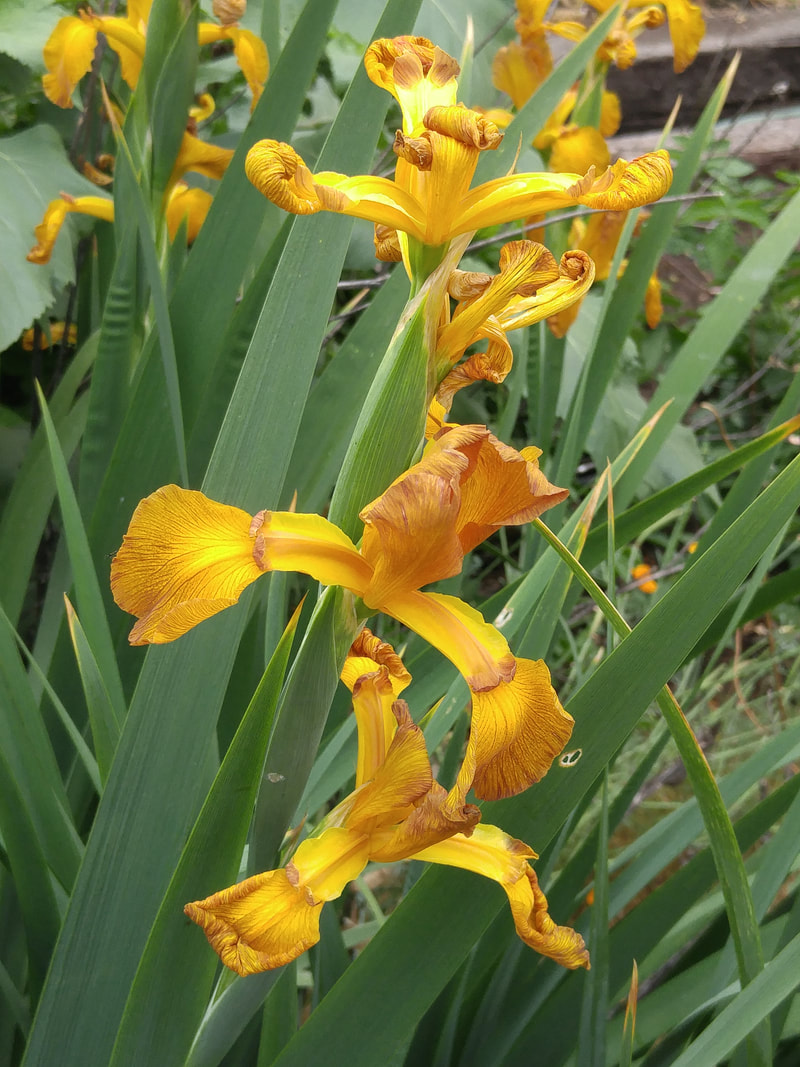
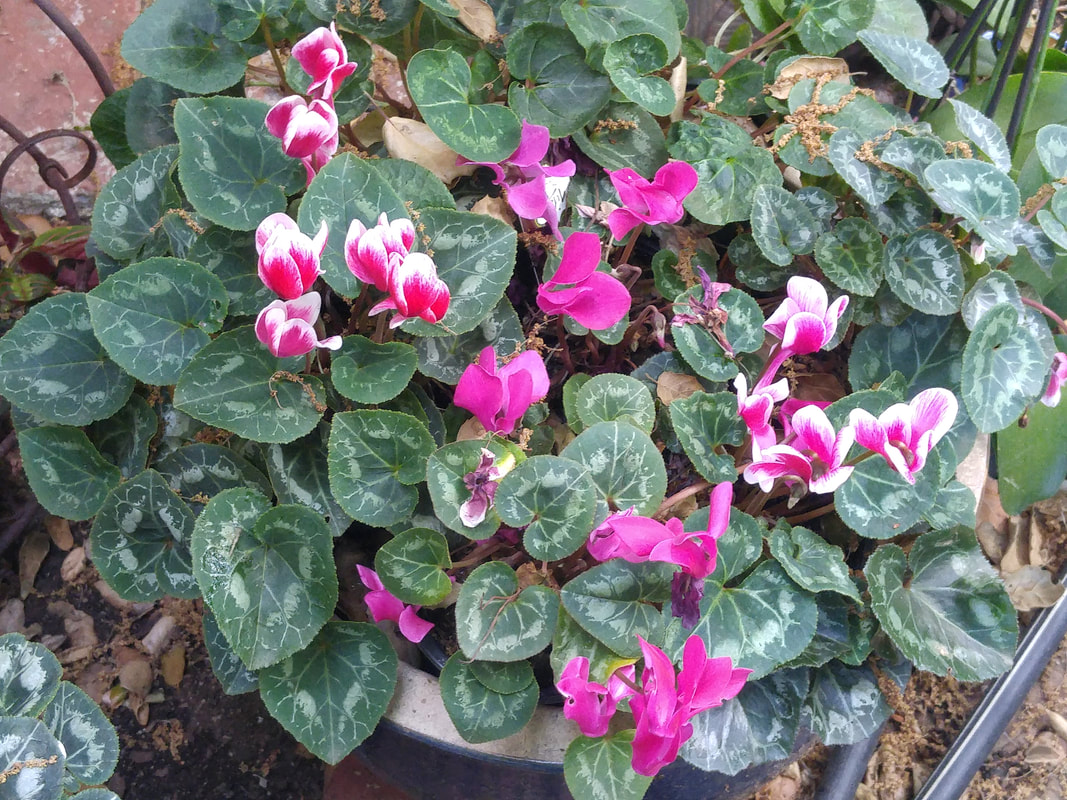
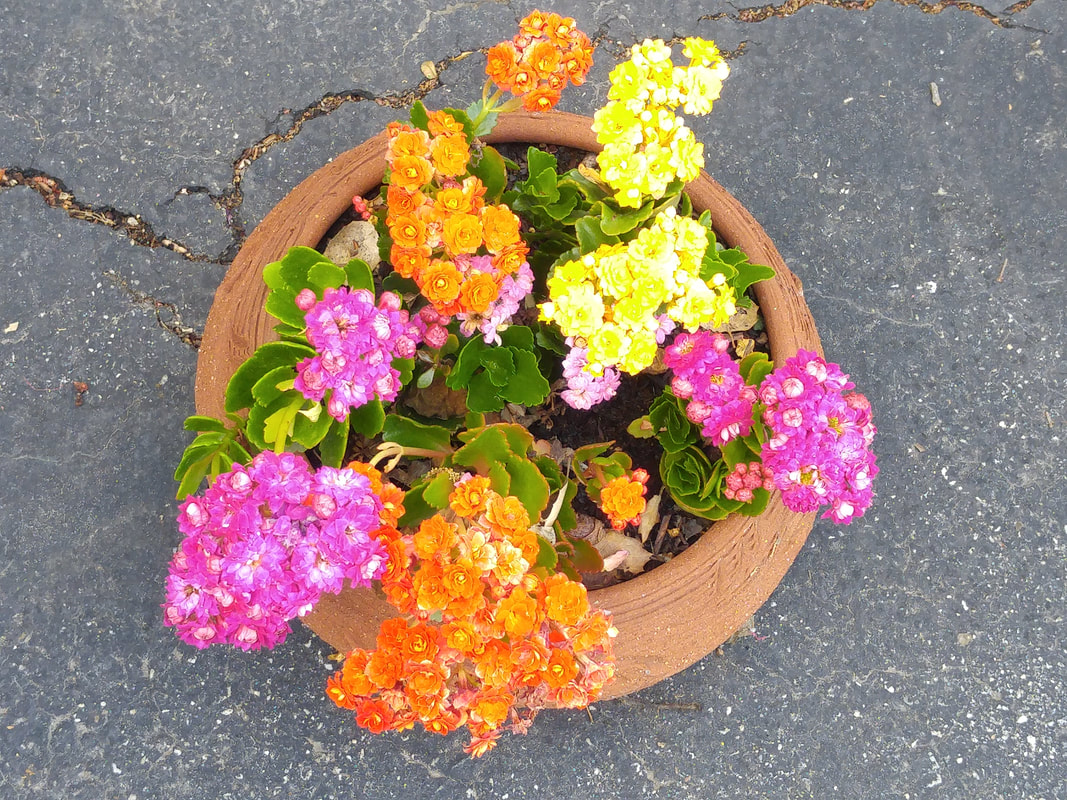
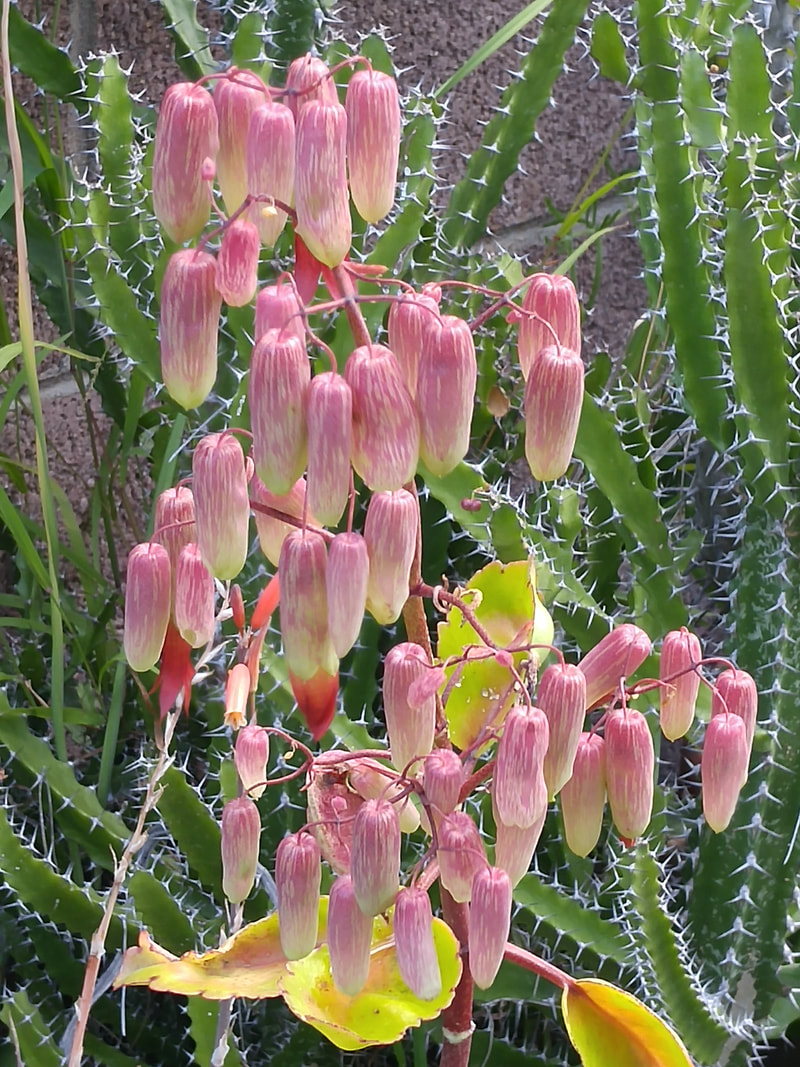
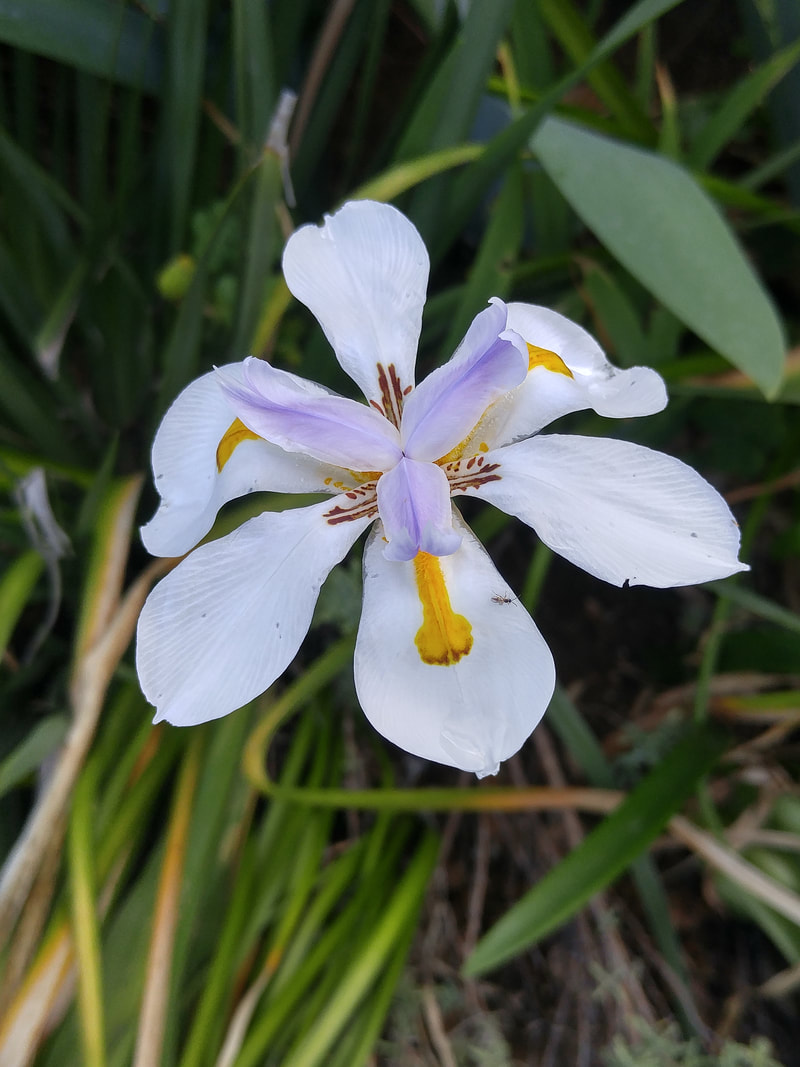
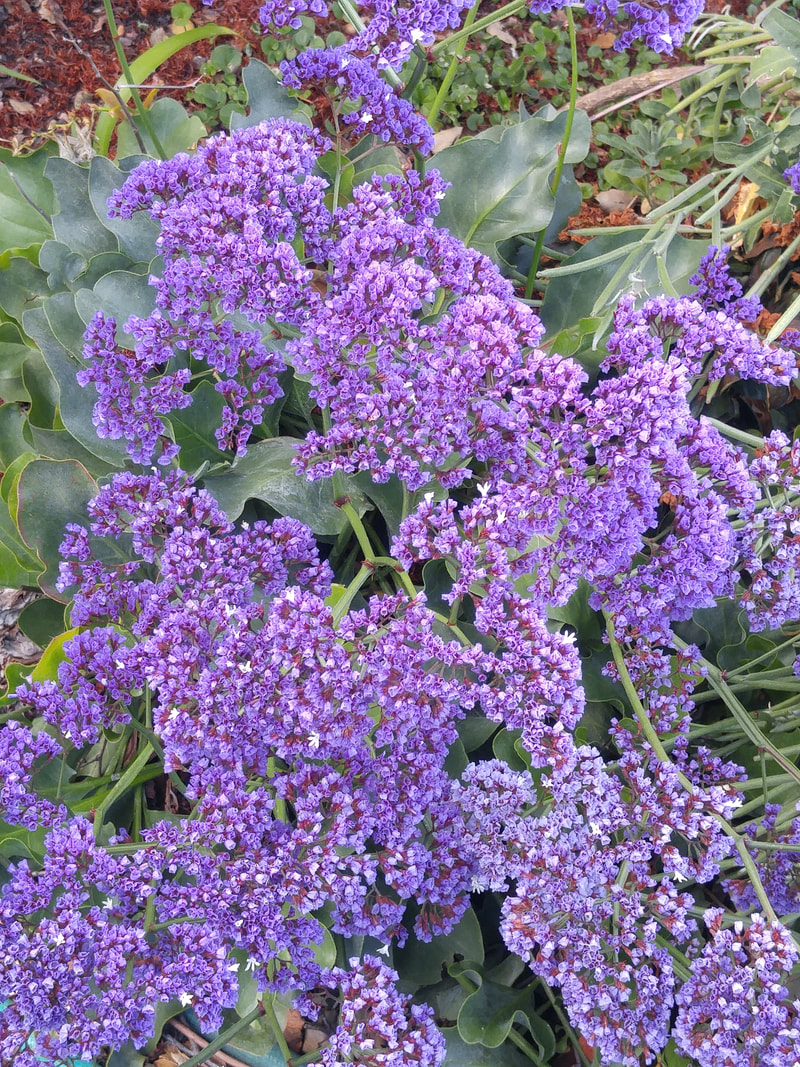
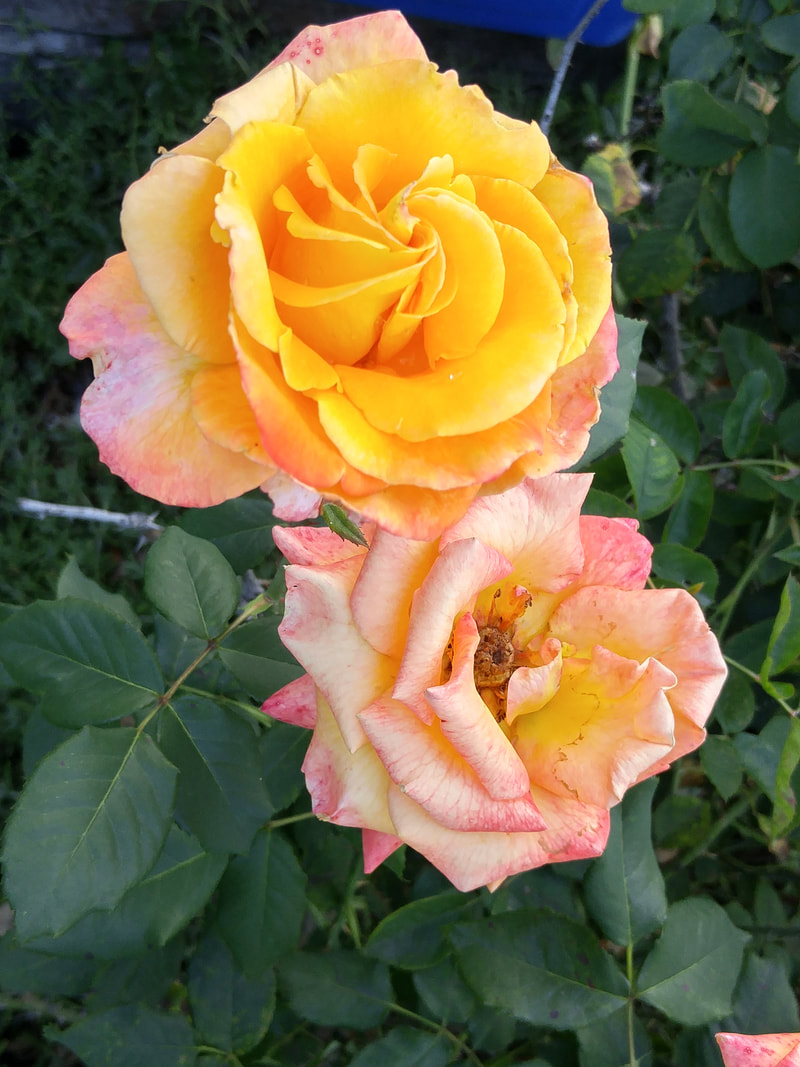
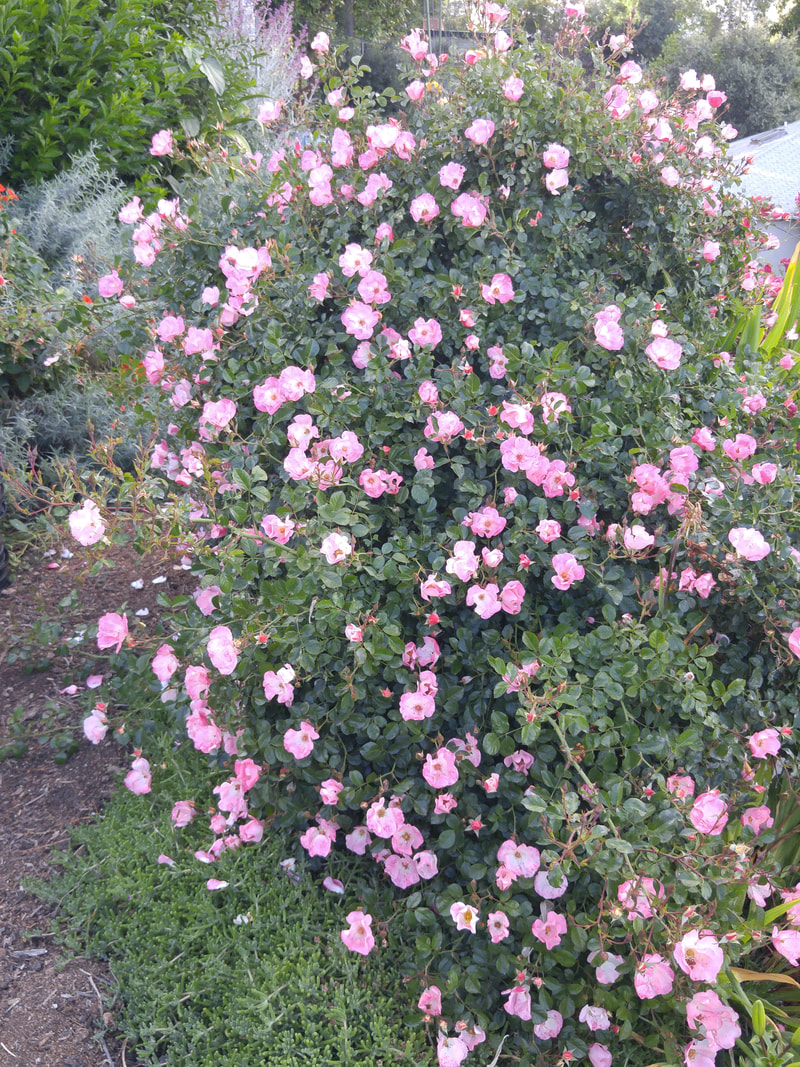
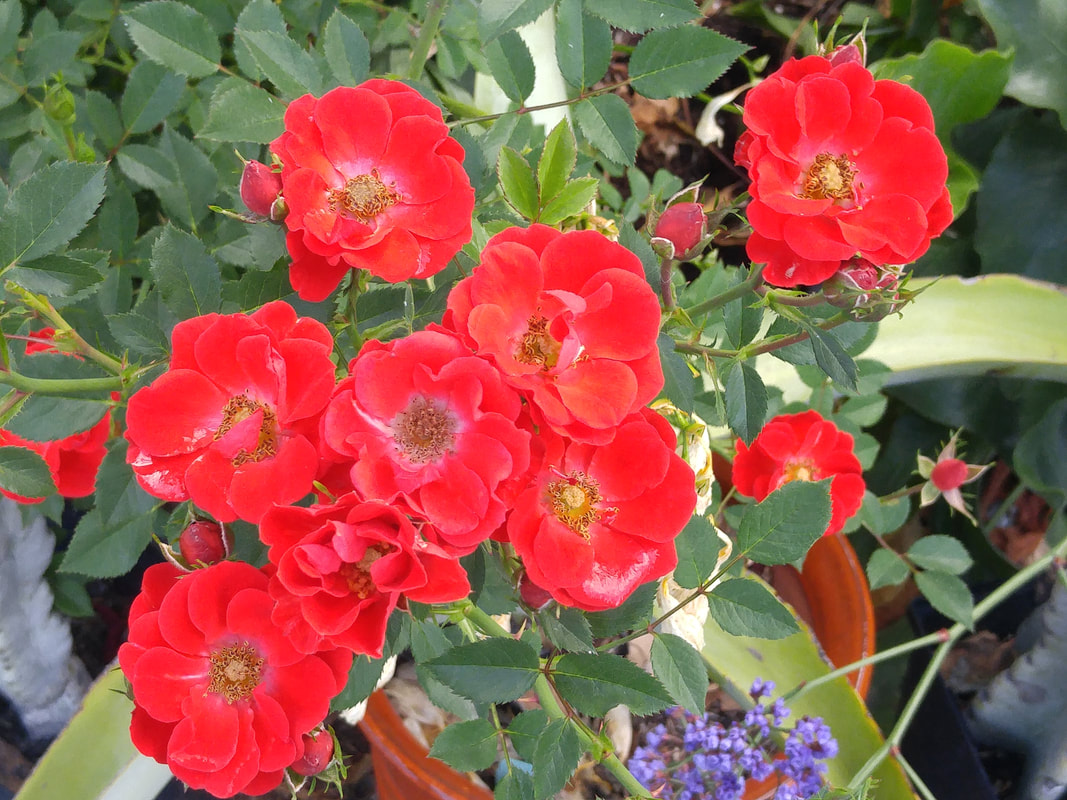
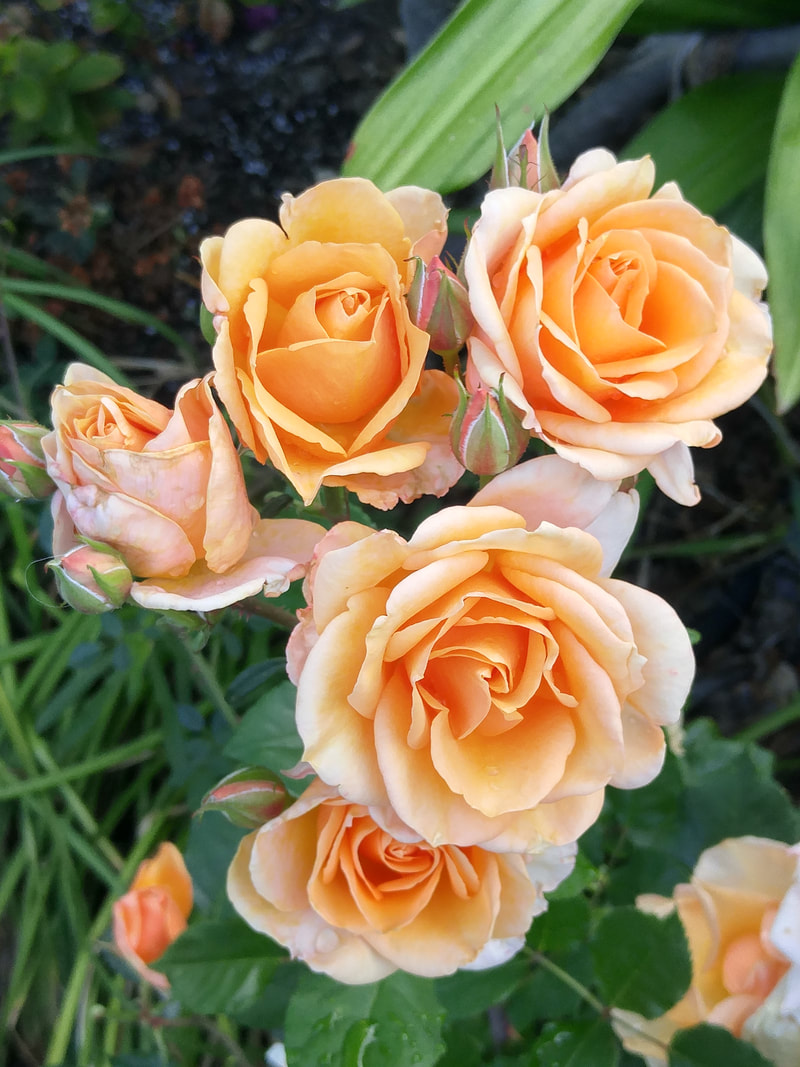
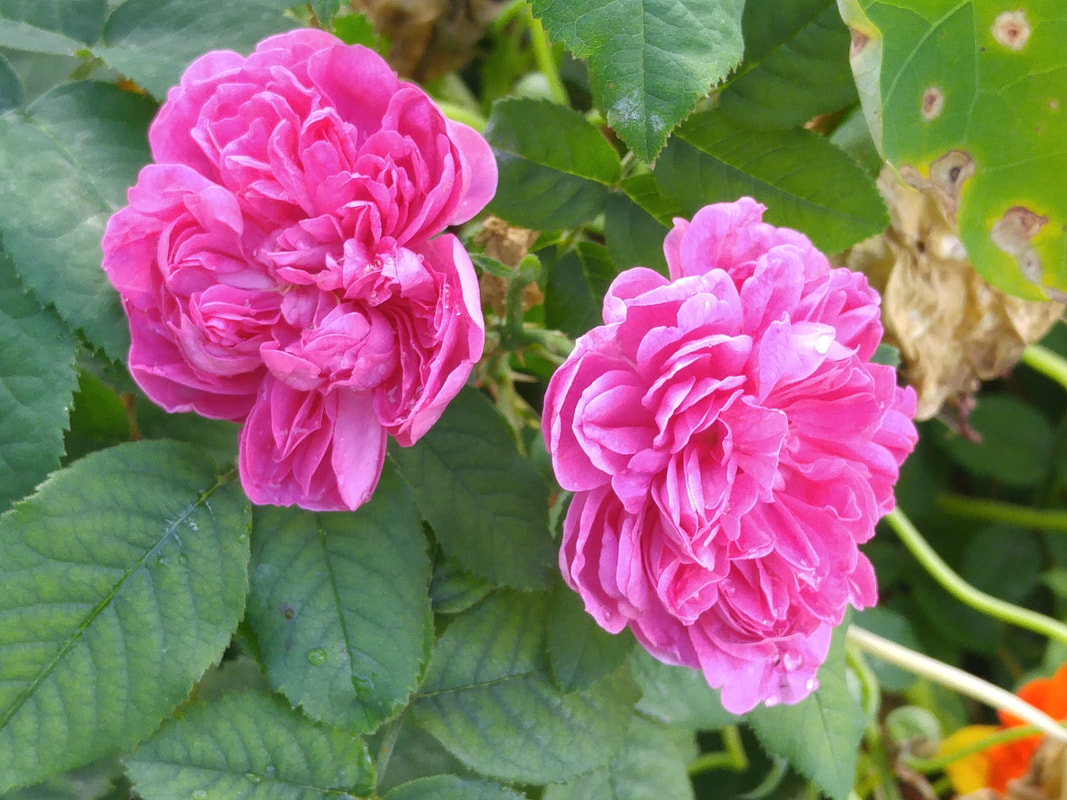
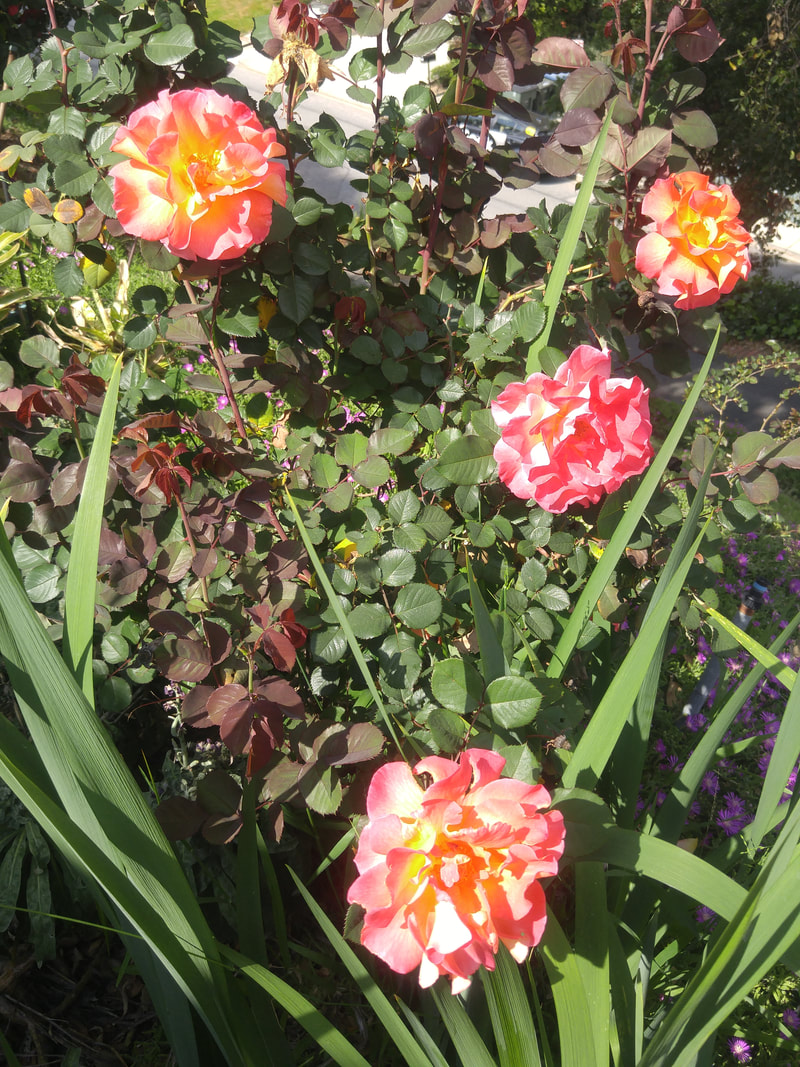
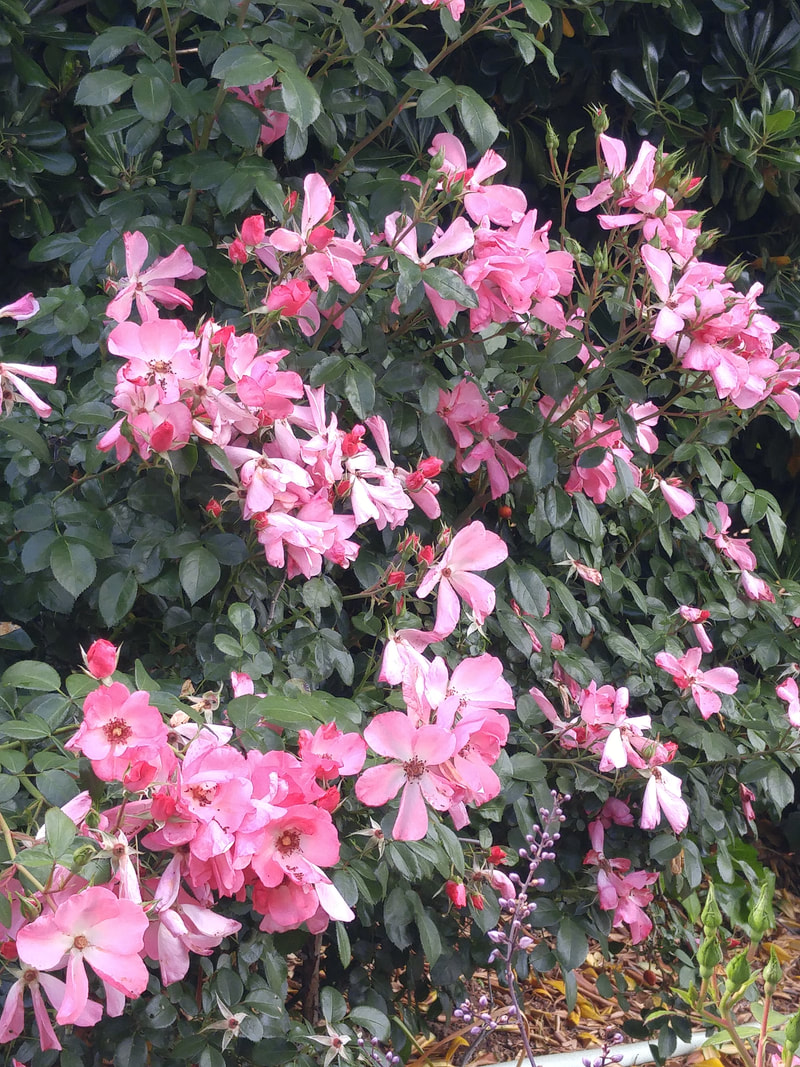
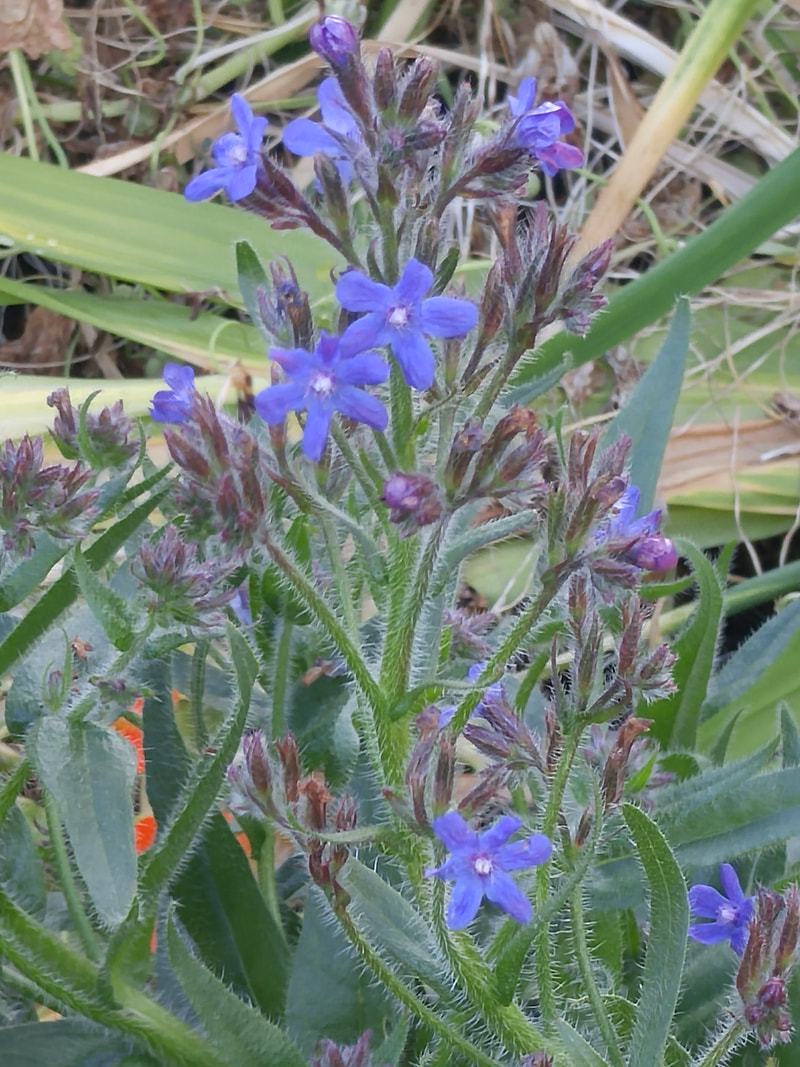
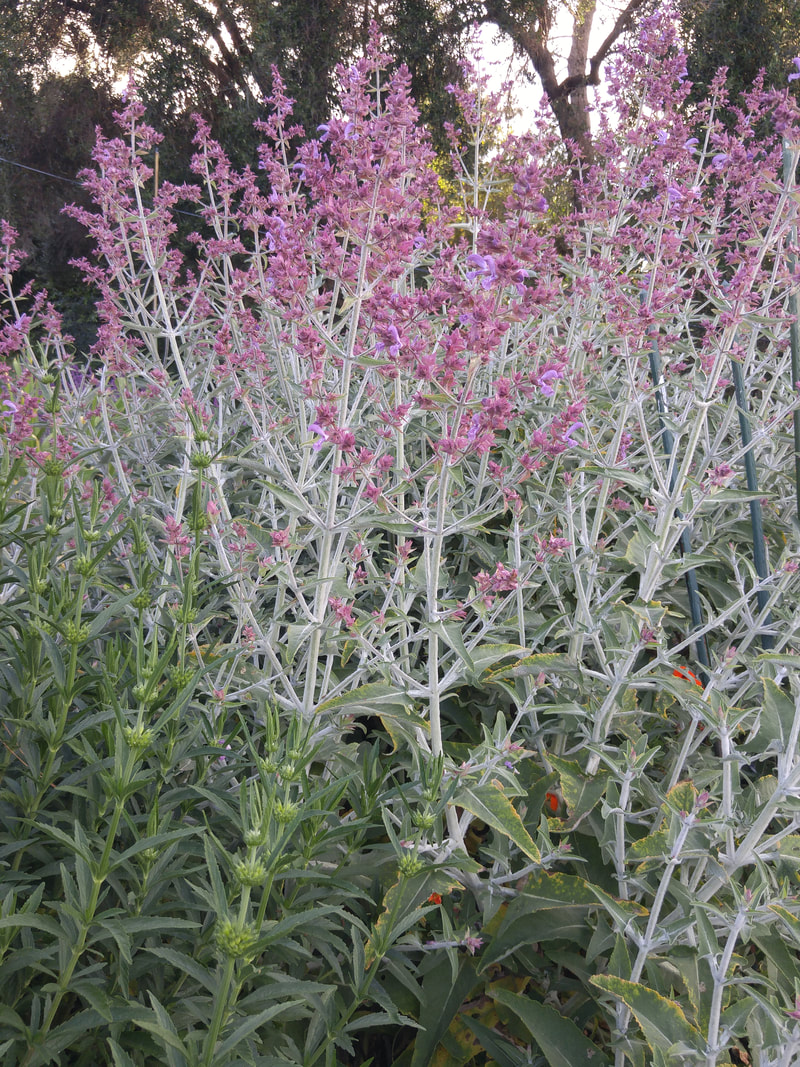
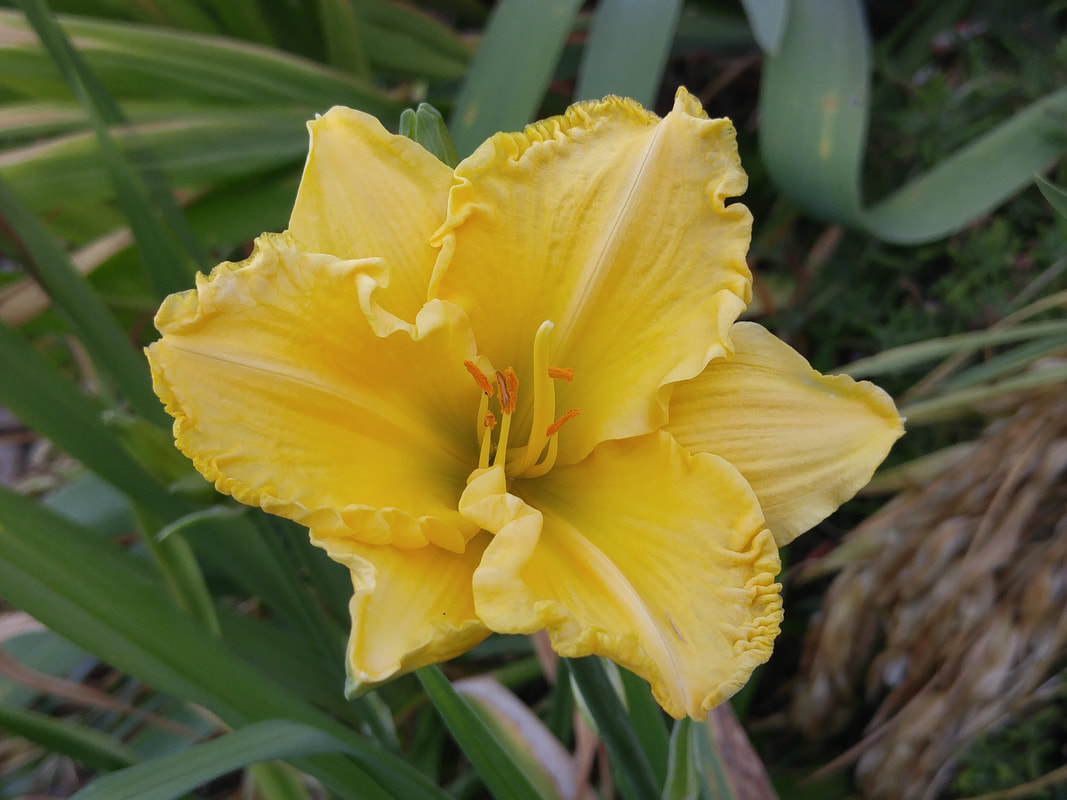
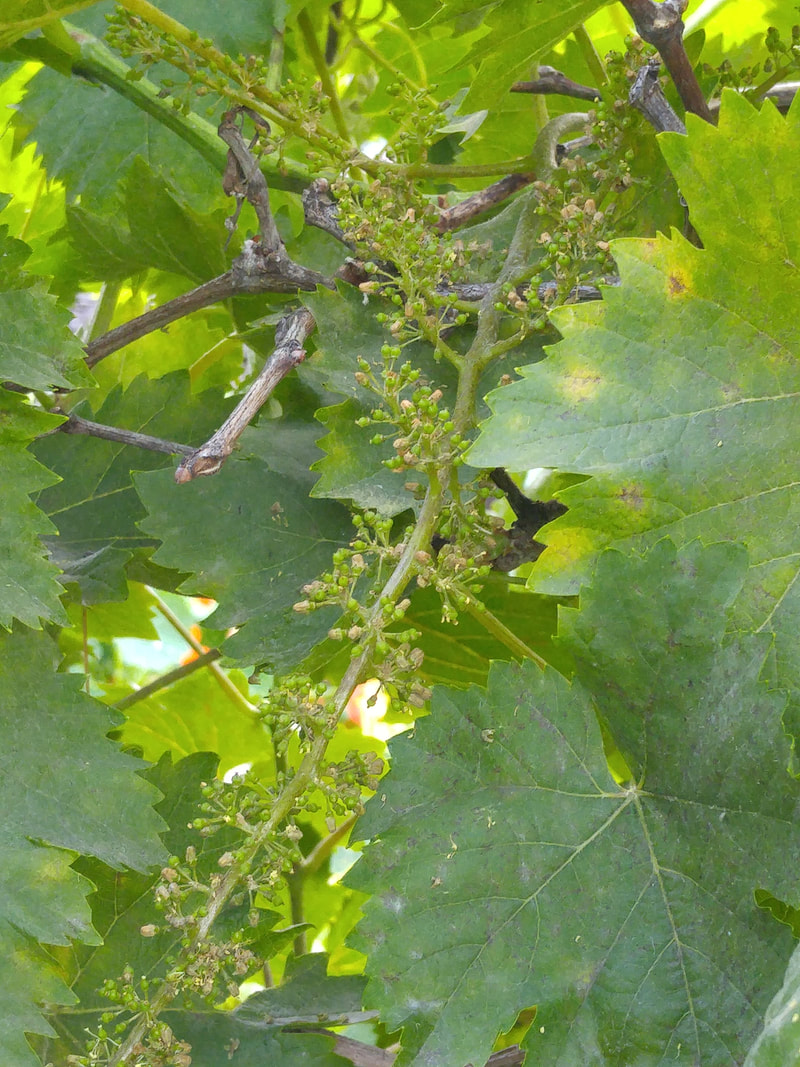
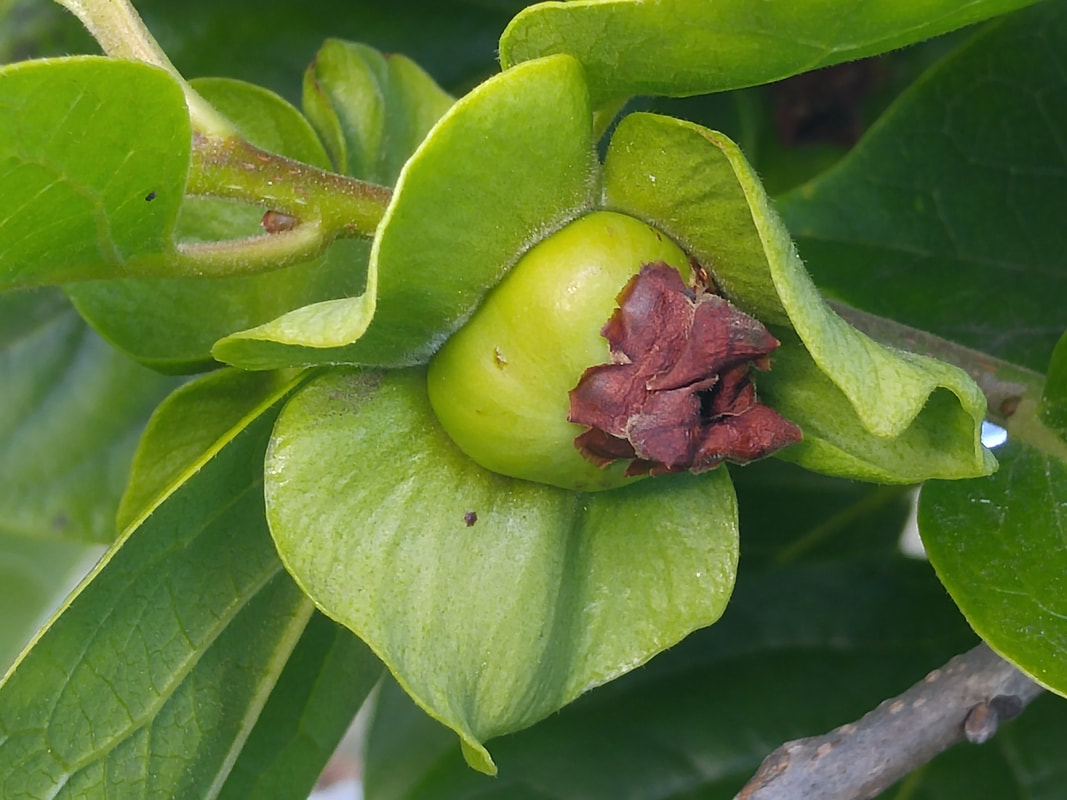
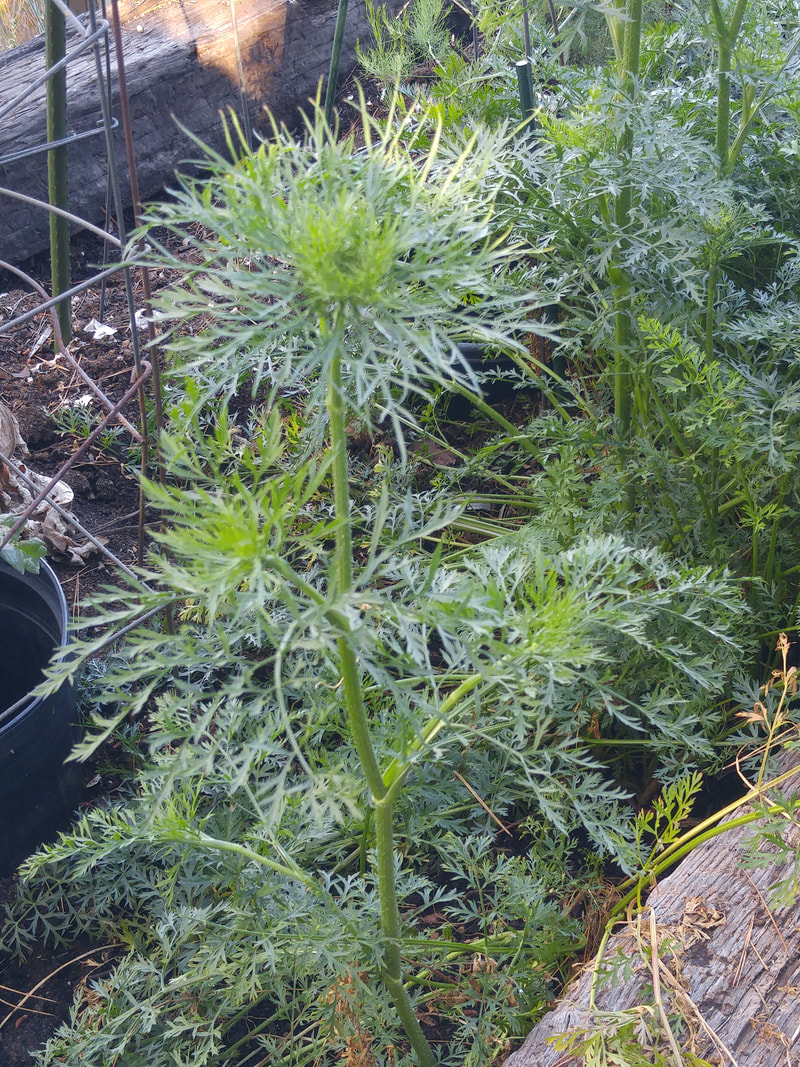
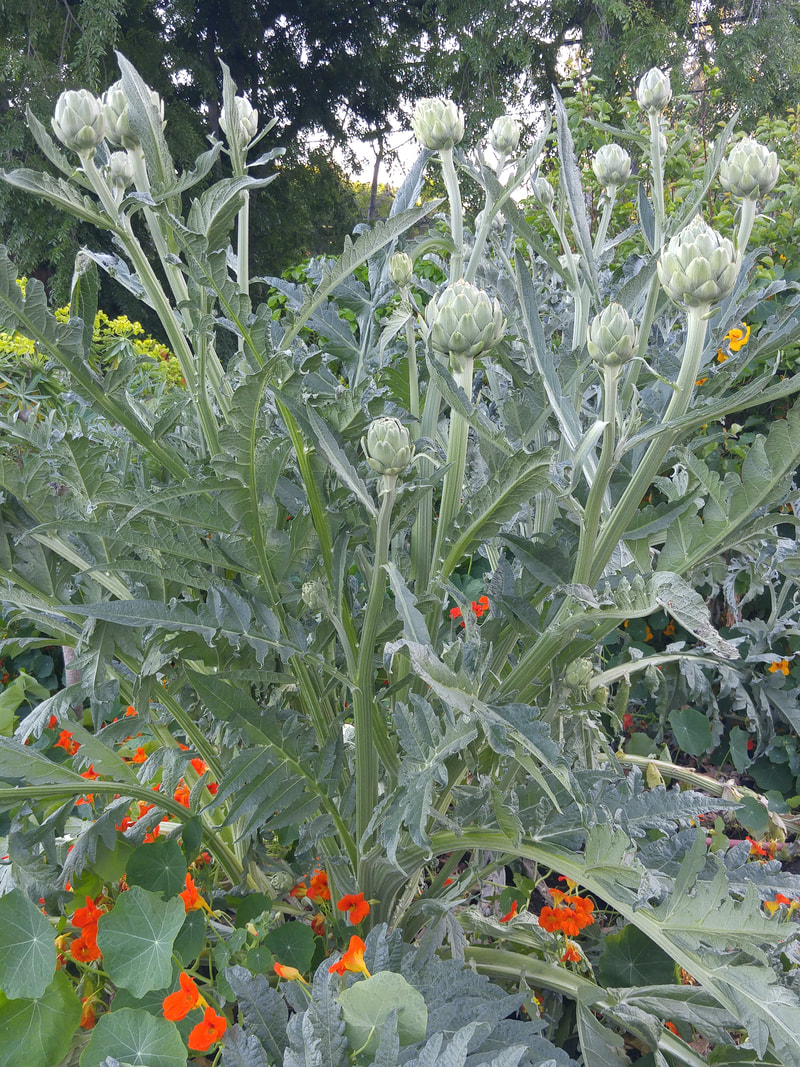
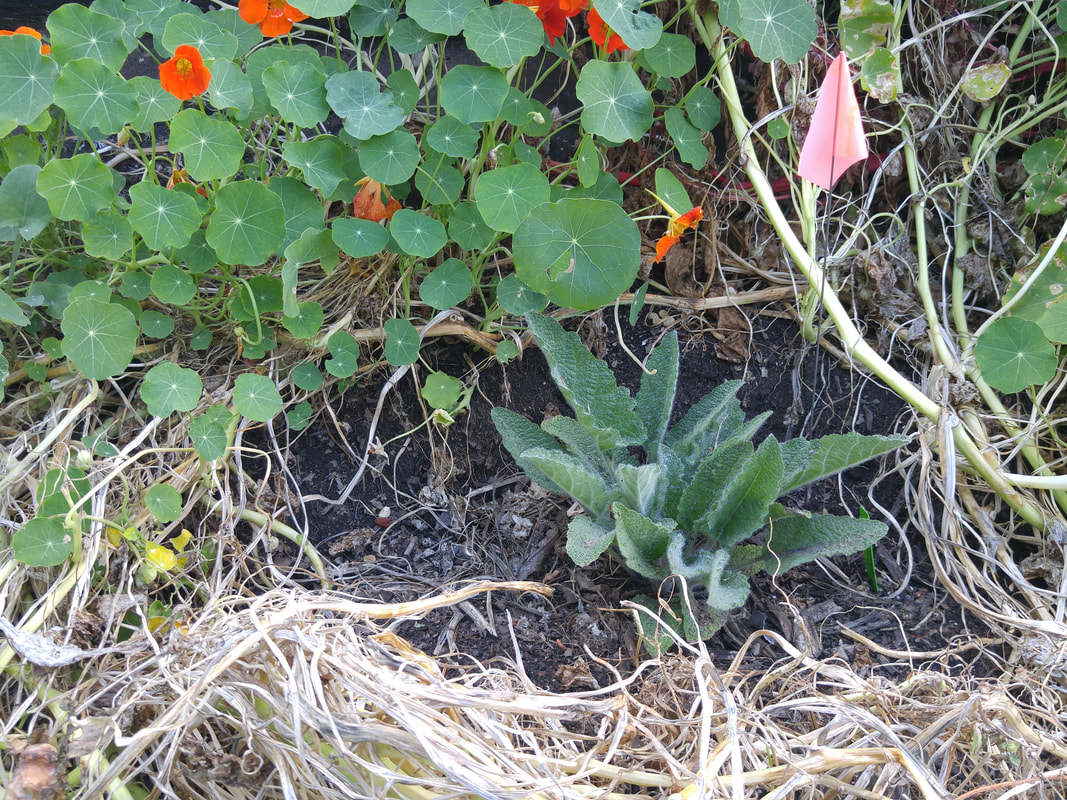
 RSS Feed
RSS Feed